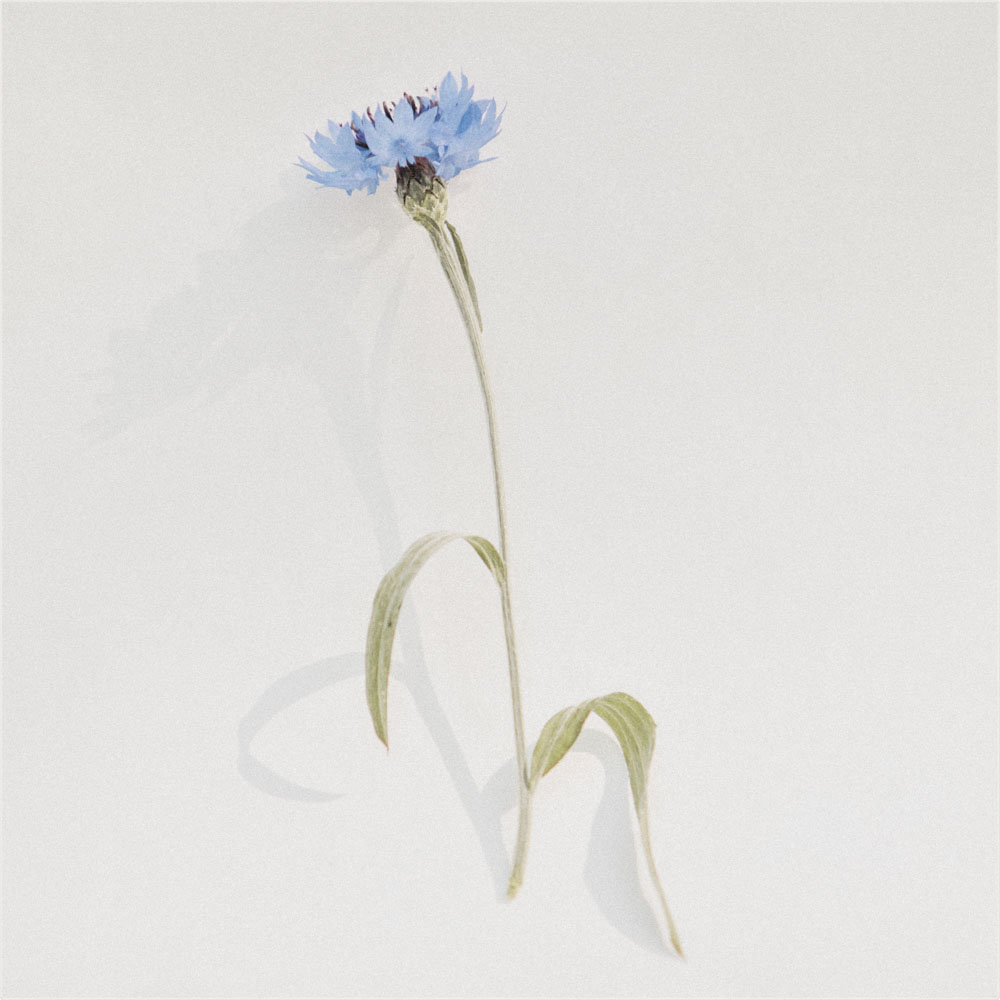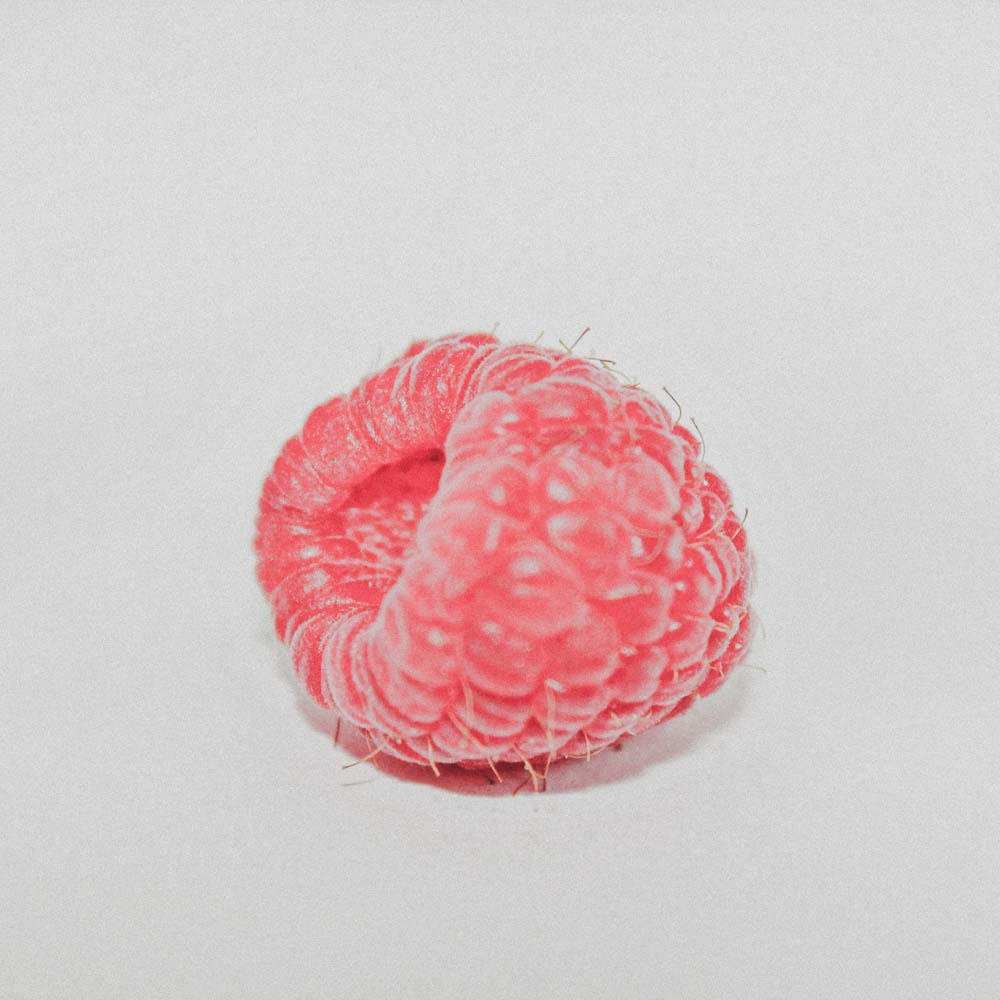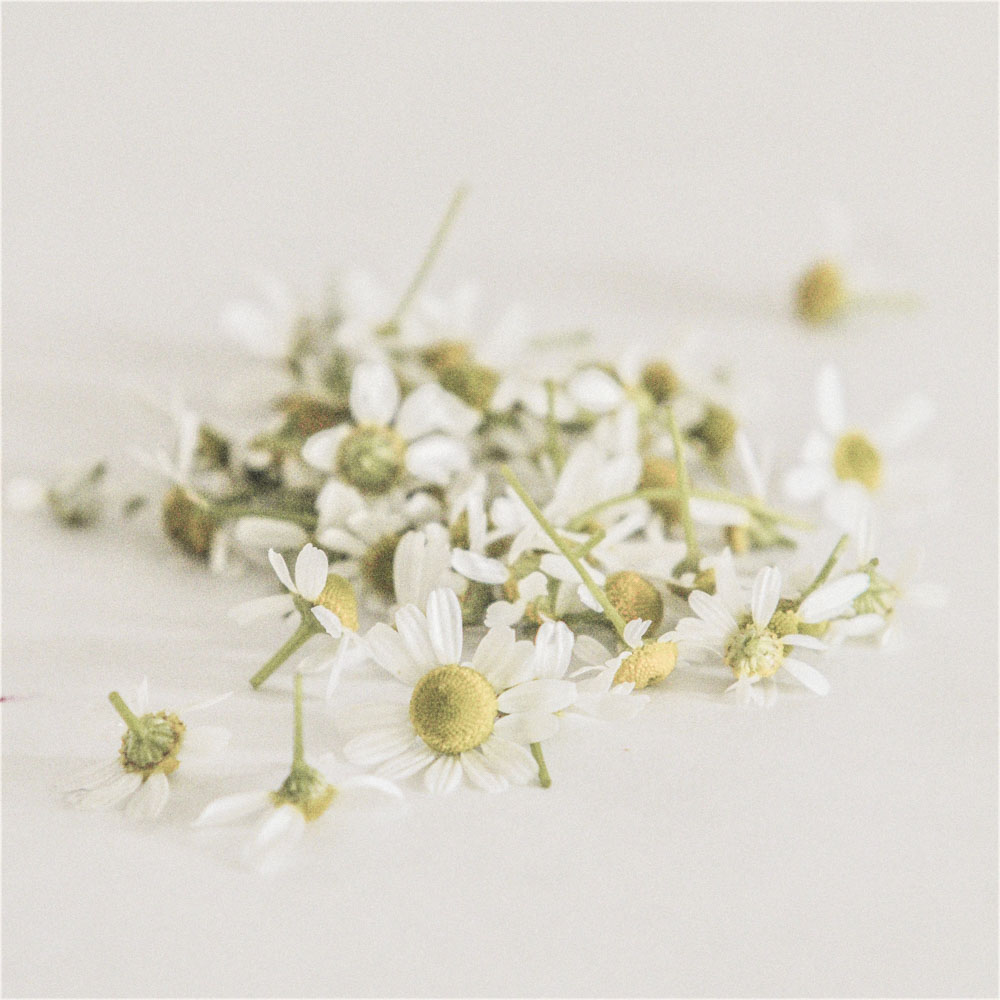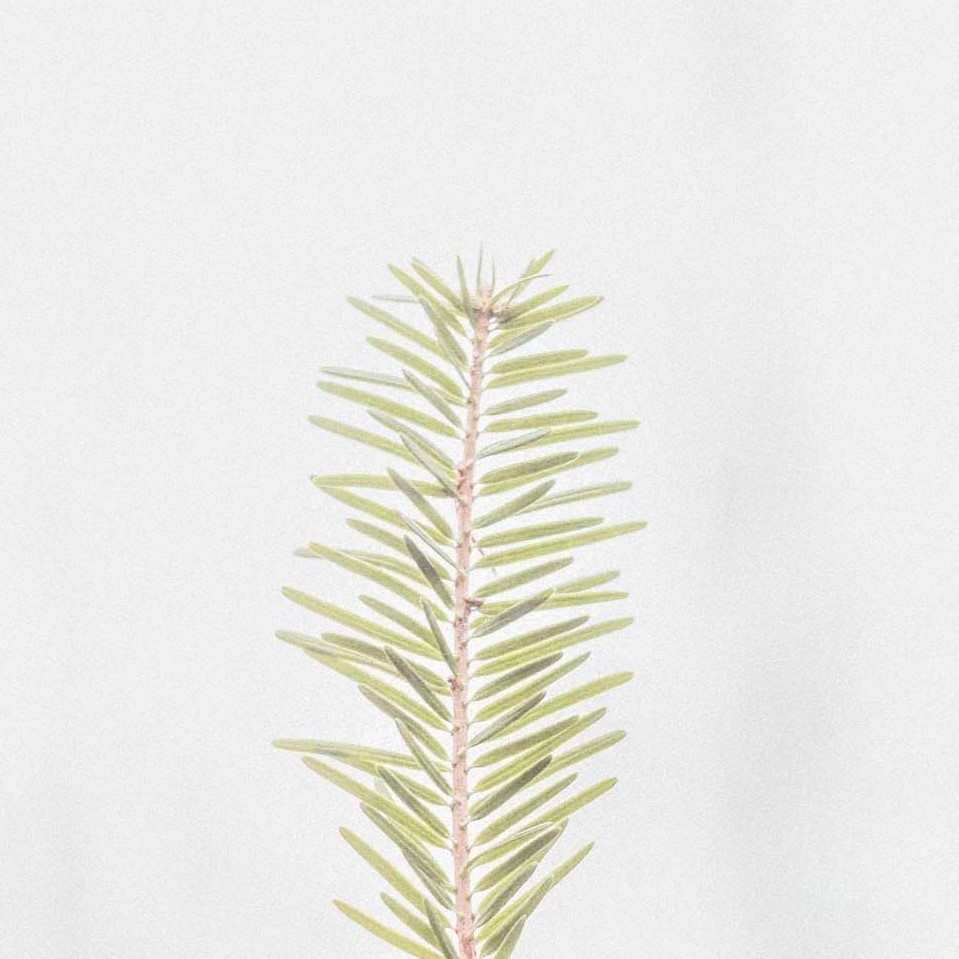Cornflower
INCI: Centaurea Cyanus Flower Extract

I'm excited to share with you this comprehensive guide on cornflower in skincare. In this article, we'll explore the benefits of cornflower in skincare, its nutrients and compounds, and some example use cases. So, let's dive right in!
Scroll down to read
What is Cornflower?
Cornflower (Centaurea cyanus) is a plant that belongs to the Asteraceae family. It’s native to Europe, but it can also be found in other parts of the world, including North America. Cornflower is also known as bachelor’s button, bluebottle, and boutonniere flower.
How Has Cornflower Been Used in the Past?
Cornflower has a long history of use in traditional medicine. It has been used to treat various ailments, including eye infections, digestive problems, and menstrual cramps. In ancient Greece, cornflower was used to treat inflammation and wounds. In medieval times, it was believed to have a magical power to ward off evil spirits.
Benefits of Cornflower in Skincare
Here are some of the benefits of using cornflower in skincare:
1. Anti-inflammatory
Cornflower contains flavonoids and anthocyanins, which have anti-inflammatory properties. This makes it effective in reducing redness and inflammation in the skin. It’s particularly helpful for those with sensitive or irritated skin.
2. Antioxidant
Cornflower is also rich in antioxidants, which help to protect the skin from free radical damage. Free radicals are unstable molecules that can cause damage to cells and accelerate the aging process. Antioxidants neutralize these free radicals, keeping the skin looking youthful and healthy.
3. Hydrating
Cornflower has hydrating properties, making it effective in moisturizing the skin. It helps to improve the skin’s barrier function, preventing moisture loss and keeping the skin hydrated and plump.
4. Soothing
Due to its anti-inflammatory and hydrating properties, cornflower is also soothing to the skin. It can help to calm and soothe irritated or inflamed skin, reducing redness and discomfort.
5. Astringent
Cornflower has astringent properties, which means it can help to tighten and tone the skin. This makes it effective in reducing the appearance of pores and improving the overall texture of the skin.
What Nutrients Does Cornflower Contain?
Cornflower contains several nutrients and compounds that make it beneficial for the skin:
Flavonoids
Flavonoids are a group of plant compounds that have antioxidant and anti-inflammatory properties. Cornflower contains several flavonoids, including quercetin, apigenin, and luteolin.
Anthocyanins
Anthocyanins are another group of plant compounds that have antioxidant and anti-inflammatory properties. They also give cornflower its distinctive blue color.
Tannins
Tannins are a type of polyphenol that have astringent properties. They help to tighten and tone the skin, reducing the appearance of pores and improving the overall texture of the skin. Cornflower contains tannins that make it effective in this regard.
Polysaccharides
Polysaccharides are complex carbohydrates that have hydrating properties. Cornflower contains polysaccharides that help to moisturize and hydrate the skin, improving its overall appearance and texture.
Example Use Cases of Cornflower in Skincare
Here are some example use cases of cornflower in skincare:
1. Toner
Cornflower can be used as a toner to tighten and tone the skin, reduce the appearance of pores, and improve the overall texture of the skin. Simply steep cornflower in hot water, allow it to cool, and use it as a toner.
2. Eye compress
Cornflower can be used as an eye compress to reduce puffiness and dark circles. Steep cornflower in hot water, soak a cotton pad in the solution, and place it on your eyes for 10-15 minutes.
3. Face mask
Cornflower can also be used in a face mask to hydrate and soothe the skin. Mix cornflower with honey and yogurt to create a nourishing face mask.
Frequently Asked Questions
Is cornflower safe for all skin types?
Yes, cornflower is generally safe for all skin types, including sensitive skin. However, if you have a known allergy to plants in the Asteraceae family, you should avoid using cornflower.
Can cornflower help with acne?
Cornflower’s anti-inflammatory and astringent properties can help to reduce the appearance of acne and prevent future breakouts.
Where can I find cornflower in skincare products?
Cornflower can be found in a variety of skincare products, including toners, face masks, and eye creams. Look for products that list cornflower as one of the main ingredients.
Recap
In this article, we’ve explored the benefits of cornflower in skincare, including its anti-inflammatory, antioxidant, hydrating, soothing, and astringent properties. We’ve also discussed the nutrients and compounds found in cornflower, such as flavonoids, anthocyanins, tannins, and polysaccharides. Lastly, we’ve provided some example use cases for cornflower in skincare, such as using it as a toner, eye compress, or face mask. So, next time you’re looking for a new skincare ingredient to try, consider giving cornflower a try!
Further reading

Raspberry Seed Oil
You're probably always on the lookout for the latest and greatest skincare products and ingredients. One ingredient you may have heard about is raspberry seed oil. If you're curious about what it is and how it can benefit your skin, keep reading!
Continue reading
Chamomile
Are you on the hunt for a natural ingredient to enhance your skincare routine? Meet your new skincare bestie: chamomile! Chamomile has been used for centuries as a healing herb to treat many ailments, including skin conditions. In this guide, we’ll explore the benefits of chamomile in skincare, its nutrients, example use cases, side effects, and frequently asked questions.
Continue reading
Pine needle essential oil
Pine needle essential oil is known for its numerous benefits, including its ability to enhance your skincare routine. In this guide, we will delve into what pine needle essential oil is, its historical use, benefits, nutrients, how to use it, and potential side effects.
Continue reading